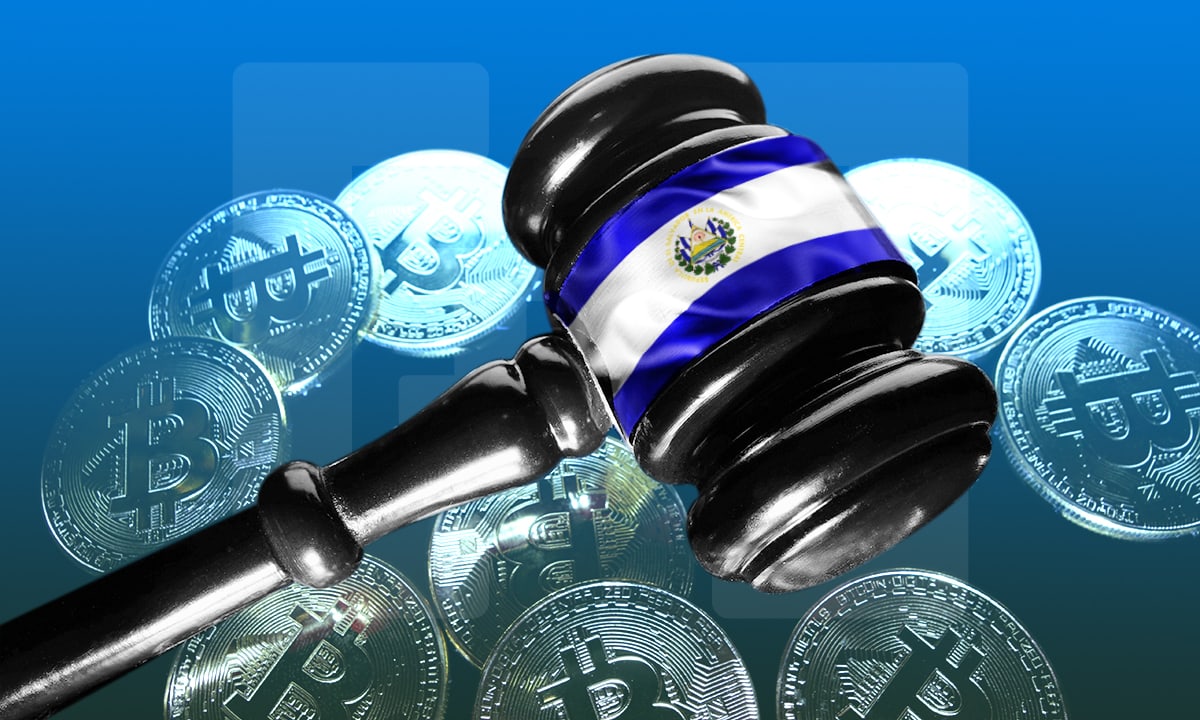On June 8, 2021, El Salvador made history by becoming the first country to make Bitcoin a legal tender. Despite threats from global organizations, the Central American country has big plans to integrate the cryptocurrency world into the country’s economy. And one of them would appear to be to issue its own national stablecoin.
The rumors about the study of a possible Salvadoran stablecoin came from local media El Faro, which obtained online conferences featuring the two brothers of President Nayib Bukele, among others.
Among the topics covered by the conferences, which took place in late May and early June, the authorities are said to be considering issuing a stablecoin dubbed Colón-Dollar before the end of 2021.
El Salvador lost its monetary sovereignty 20 years ago (2001), when it was forced to use the U.S. dollar as a unit of account and medium of exchange to replace its national currency, which had become too unstable and inflationary.
Issued by the Central Bank of El Salvador, this stablecoin would be pegged to the U.S. dollar and backed by dollar reserves. However, the Colón-Dollar would enjoy all the advantages of being a stablecoin, unlike “real” dollars. Not least in terms of neutralizing the extraterritoriality of US laws.
Among the speakers at these meetings were representatives of the Cardano project (ADA), which could provide El Salvador with consulting services for its stablecoin, but also for other projects related to blockchain technologies: digitization of public and private documents, including ID cards, or property titles. The Algorand (ALGO) crypto project also participated in one of these conversations.
Similarly, at these conferences, President Bukele’s brothers (not invested with official executive functions, it is worth remembering) are very open to the full adoption of all cryptocurrencies.
To oversee this whole crypto financial system, the interviews also mention a new dedicated administration, which would be called El Salvador Blockchain Committee (ESBCC).
Following these revelations, the Salvadoran government spokesperson was moderate and described this Colón-Dollar stablecoin hypothesis as a “discarded idea or simply an unofficial proposal.”
However, if the roadmap envisaged at these conferences is followed, the first elements of the implementation of this national stablecoin should take place next September. One suspects that the Salvadoran government, already strongly attacked on its Bitcoin Law and threatened by international institutions such as the IMF and more recently the UN, wishes to remain very discreet on the subject if it is indeed still in preparation.


